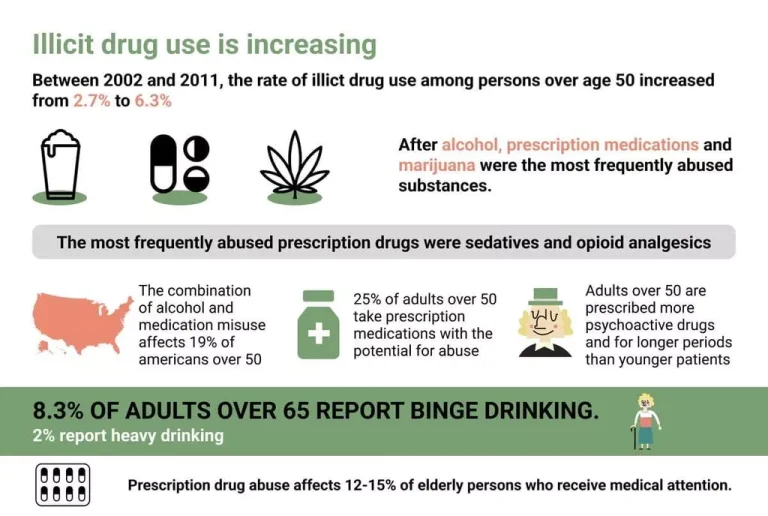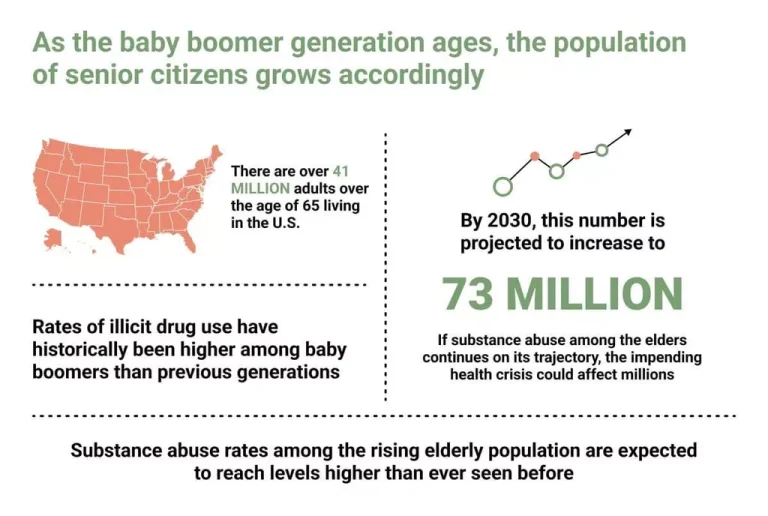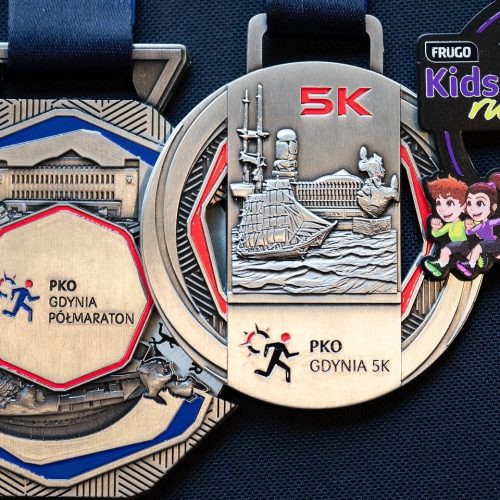My Partner is an Alcoholic: How to Cope with an Alcoholic Partner

By expressing how their behavior affects you, you can foster understanding and empathy. In addition to individual therapy, seeking support from support groups such as Al-Anon can provide a safe space to connect with others who have similar experiences. These groups can offer guidance, understanding, and a sense of community.
Things to remember when living with an alcoholic

For instance, if you drive them everywhere so they don’t get a DUI, bail them out of jail, or pay for their alcohol-related damages, you are, in effect, supporting their addiction. Instead, you need to set boundaries for yourself and your relationship. What you can do is take steps to protect your well-being, seek support, and encourage your spouse to seek help. With compassion and understanding, you can both find a path towards a healthier future. If your spouse experiences a relapse, it’s crucial to approach the situation with empathy and understanding. Encourage them to learn from the setback and seek the necessary support to get back on track.
- Programmes like Al-Anon, for example, are fantastic spaces where individuals can voice their concerns and accept fellowship during difficult times.
- Consciously or unconsciously, the codependent may help the alcoholic to continue drinking to maintain the status quo.
- Explore drug rehab program durations, from short-term to long-term options, tailored to individual needs.
- However, if you follow these tips, you’ll find that you may be able to cope better.
Defining What Type of Drug Is Alcohol
You may also marijuana addiction consider contacting a professional interventionist if you’re considering staging an intervention. American Addiction Centers (AAC) is committed to delivering original, truthful, accurate, unbiased, and medically current information. We strive to create content that is clear, concise, and easy to understand. The National Institute on Alcohol Abuse and Alcoholism (NIAAA), more than a third of U.S. adults who were dependent on alcohol are now in full recovery.
- Find a calm and neutral setting where both of you can focus on the conversation.
- It should not be used in place of the advice of your physician or other qualified healthcare providers.
- Living with an alcoholic spouse might be one of the biggest challenges you’ve ever undertaken.
- While their appearance may not be any different and they can still fulfill their responsibilities, you’ll start to see a pattern develop of turning to alcohol to cope with family, work or personal issues.
- An intervention is a planned meeting in which the concerned parties confront the alcoholic about their behavior.
- This could include exercise, meditation, journaling, spending time with loved ones, or engaging in creative outlets.
What Are the Legal Consequences of Alcohol Abuse?

There are hundreds of resources all over the country designed to address the issue of alcohol abuse and addiction. These include 24-hour hotlines, detox centers and rehab facilities. There are several alcohol addiction treatment options available. Living with an alcoholic spouse is undoubtedly challenging, but there are strategies and support available to help navigate this difficult journey. If your significant other is struggling with an alcohol use disorder (AUD), it’s understandable to feel uncertain and overwhelmed. Their compulsive drinking may create stress and fear, but it’s important to remember that you didn’t cause their substance abuse, and you can’t singlehandedly cure it.
- They are more likely to develop unhealthy relationship qualities such as codependency and trauma bonding.
- Therapists can also provide guidance on setting boundaries and developing self-care practices.
- Therefore, it is vital to set clear boundaries when sharing a home with an alcoholic.
- Alcoholism is a disease requiring specialized treatment and intervention, and the longer it continues unaddressed, the more it can derail everyone’s lives.
- You can also take the lead in other ways by volunteering to host or inviting people to get togethers where alcohol isn’t center-stage or even present at all, says Young.
Leaving an Alcoholic Spouse: When is it Time to Go?

If you believe an intervention is required – possibly involving a group, close family members, or friends – be sure to plan and carry it out with the help of a professional. Interventions can be highly successful but are not appropriate in all situations (which, again, is why it’s key to consult a specialist). When you’re married to an alcoholic, you might feel as though you’re constantly in damage-control mode. Start by releasing any assumption of guilt or sole responsibility. Recognizing the red flags of an alcohol use disorder early can help you seek support sooner rather than later.
Ways to Cope with Your Spouse’s Addiction
You’re more at risk for mental health disorders, substance abuse, PTSD, anger issues and other behavioral health problems. If you and your children’s quality of life is suffering due to an addicted partner, it may be time to leave. Remember, setting boundaries with an alcoholic spouse may lead to separations, as enforcing how to live with an alcoholic wife boundaries might result in relying less on the addicted loved one over time.
My Spouse’s Drinking is Ruining Our Marriage
The problem is that leaving is often the most dangerous time for people being abused. Because abuse is often about control, when the abused partner leaves, the abuser is triggered. If you’re leaving an alcoholic partner who is also abusing you, you may want to speak with a professional about the safest way to do so. In therapy sessions, individuals can address their own needs, process feelings of anger, guilt, or sadness, and learn effective ways to communicate with their alcoholic spouse. Therapists can also provide guidance on setting boundaries and developing self-care practices. Treatment options such as individual therapy and couples therapy https://ecosoberhouse.com/ provide valuable support and guidance for both the non-alcoholic spouse and the alcoholic spouse.

If someone close to you is a high-functioning alcoholic, it’s just as important to seek support for yourself as it is to get help for your loved one. You likely have questions about how to deal with an alcoholic, or how to help an alcoholic. Self-help organizations, church groups, and 12-step programs like Al-Anon and Alateen offer advice, hope and encouragement to people involved with functioning alcoholics. Consciously or unconsciously, the codependent may help the alcoholic to continue drinking to maintain the status quo.














